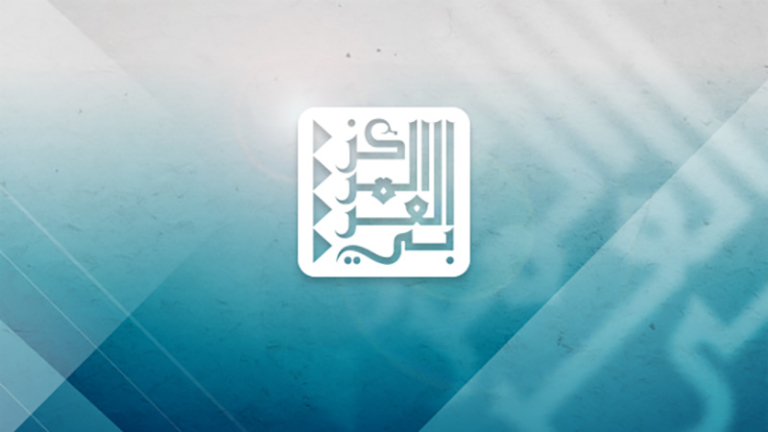
Special Issue: Rethinking (Arab) Diasporas and Critical Mobilities after 2011
Target journal : Migration Studies Journal or similar
SI Editors: Fanny Christou, Sarah-Anne Rennick, Isabel Ruck
Deadline : 12 November 2025
In January 2025, the Arab Center for Research and Policy Studies in Paris and the Arab Reform Initiative organized a one-day seminar, “From Revolution to Exile: Arab Diaspora Politics in a Post-2011 Context,” bringing together a group of scholars to rethink how we study Arab mobilities in the wake of the 2011 uprisings (CAREP, 2025). The discussions revealed a gap between existing migration frameworks—often grounded in linear, state-centered, or policy-driven approaches—and the complex, overlapping temporalities and spatialities shaping contemporary diasporic life (Bakewell, 2008; Wyss & Dahinden, 2022; Amelina, 2022 & 2024; Tazzoli & Scheel, 2022).
Traditional migration and refugee studies have produced valuable empirical insights into flows, legal regimes, and socio-economic outcomes. Yet they often assume stable nation-states, clear boundaries between “migrant” and “citizen,” or neatly traceable trajectories. Such assumptions flatten the shifting realities of movement and displacement. In contrast, Critical Mobility Studies (CMS) and Critical Diaspora Studies (CDS) have opened new analytical frontiers by asking how mobility itself is politically and socially produced, and how diasporic belonging is continuously reconfigured across borders and scales (Söderström et al., 2013; Lynne-Ee Ho et al., 2015; Alexander, 2017; Anderson, 2019; O’Reilly, 2022; Abdelhady & Ramy, 2023; Mazzucato & Schapendonk 2025).
This special issue builds on these developments to bridge CMS and CDS, exploring how mobility, displacement, and belonging intersect under contemporary global and regional transformations, with a primary focus on post-2011 Arab diasporas while also welcoming comparative case studies that offer broader or contrasting perspectives. It seeks to push both fields further—by examining not only movement and settlement, but also solidarities and competitions, unequal access to mobility, and the reconfiguration of power within and between diasporic spaces. While traditional diaspora–state frameworks often rely on static binaries like homeland loyalty versus host-state integration, this approach is increasingly challenged by post-2011 Arab diasporas, who navigate fragmented states, host-state instrumentalization, and emerging forms of transnational governance. At the same time, the state remains a significant actor, as domestic politics and foreign policy continue to shape new mobilities and modes of political organisation. To fully grasp the complexity of these dynamics, there is a pressing need to decolonize the conceptual tools used to analyze Arab diasporas. This involves questioning Eurocentric assumptions about statehood, migration, and political belonging, and recognizing the plural, intersectional, and historically situated ways in which diasporic actors produce and contest political subjectivities beyond binary logics.
Themes and Axes of Inquiry
We welcome contributions that engage critically with the intersections of diaspora, mobility, and transnationalism, particularly through decolonial, feminist, or postcolonial lenses. Possible areas of inquiry include (but are not limited to):
- Temporal and Spatial Reconfigurations
- How do post-2011 mobilities challenge conventional timelines and geographies of migration and diasporic agency?
- What new geographies and genealogies of belonging emerge through digital diasporas, fragmented routes, or multi-sited activism?
- Solidarity, Competition, and Power
- To what extent do governance regimes, uneven mobility infrastructures and differentiated legal statuses shape hierarchies and power asymmetries within diasporic networks?
- In what ways do cooperation and rivalry coexist in transnational organizing, political engagement, or cultural production?
- What dialectic relations exist between transformations in power at the domestic and international levels and the modes of diasporic political mobilisation?
- Decolonizing Diaspora and Mobility Studies
- In what ways do colonial legacies persist within contemporary migration regimes and knowledge systems; and how are these structures contested or reimagined through diasporic agency and decolonial praxis?
- What would it mean to de-center Eurocentric frameworks of migration and diaspora, including dominant legal categories of citizenship, identity constructs, and narratives of belonging?
Submission Guidelines
We invite comparative, interdisciplinary, and cross-regional contributions that place Arab diasporic experiences in conversation with other geographies or theoretical frameworks. Both empirical and conceptual papers are welcome.
- Abstract deadline: 12 November 2025
- Full paper submission: Spring-Summer 2026 (depending on accepting journal)
- Abstract Length: 500 words, Times New Roman, 12
- Submission link: https://forms.gle/mrSUtiiGud5cNGjt6
Abstracts should be 500 words in length and specify the research questions, key concepts and/or theories, cases, methods and data (if empirical), and principal findings or conclusions. Each abstract should also demonstrate how it aligns with the overall theme of the Special Issue as well as how it stands as an independent contribution to migration and diaspora studies debates. Submissions should also include a bibliography of at least five references that situates the proposal within the relevant scientific literature, and a brief biography of the author(s), specifying their institutional affiliation.
By bringing together perspectives from CMS, CDS, and decolonial thought, this special issue aims to advance a more nuanced understanding of diaspora—not as a static endpoint, but as a field of negotiation, resistance, and re-imagination across space, time and scale.
